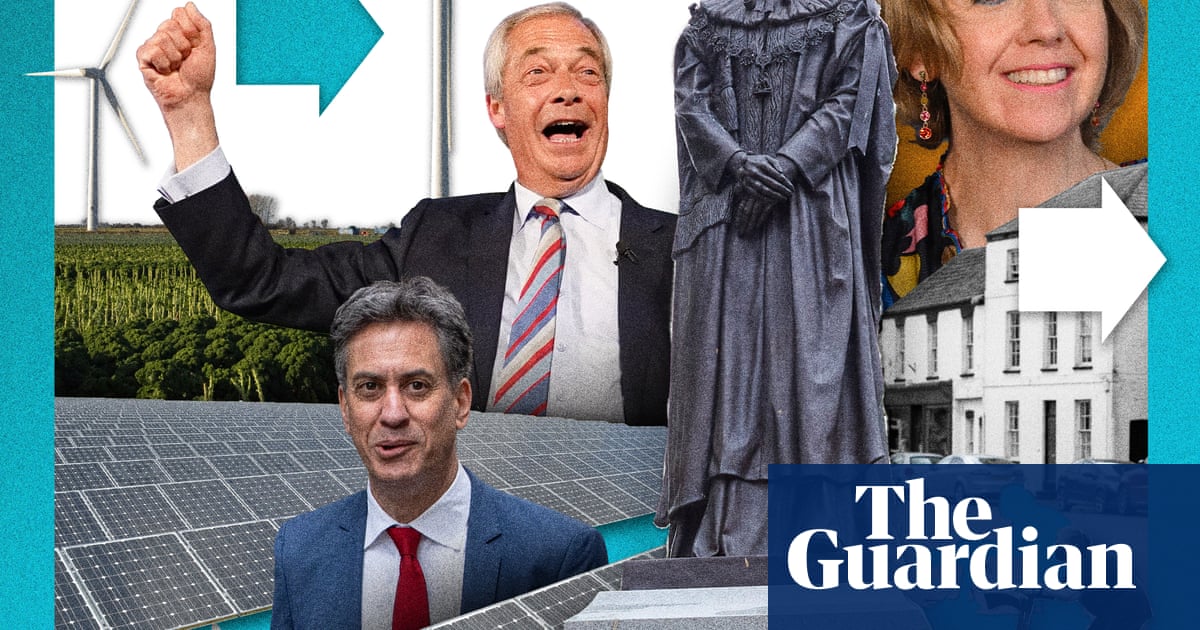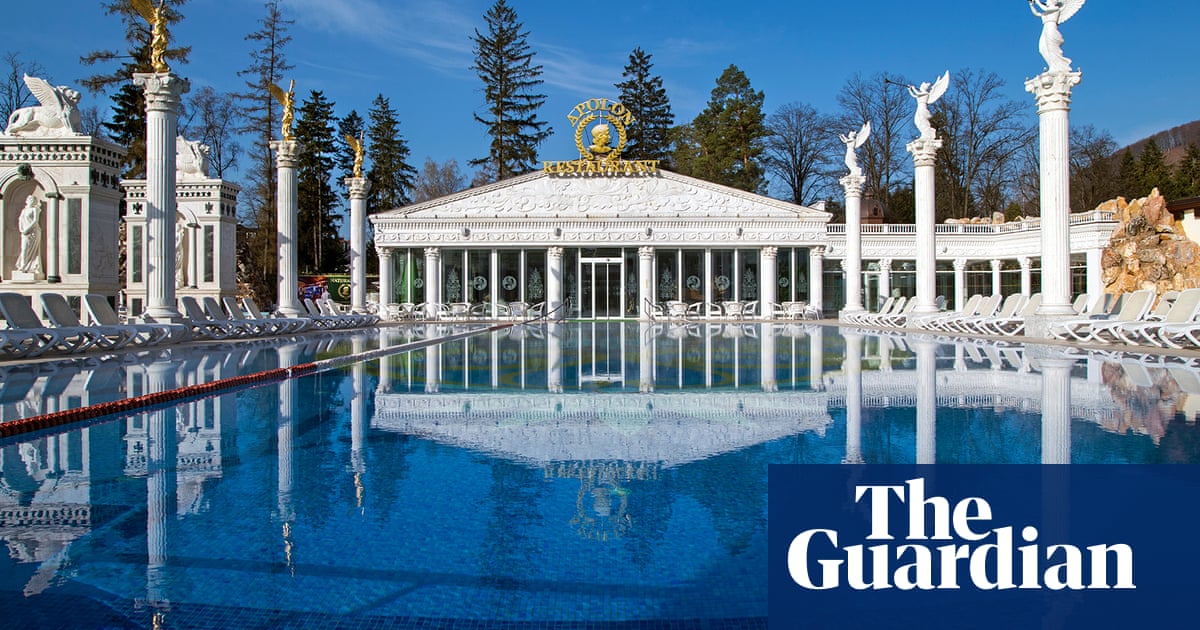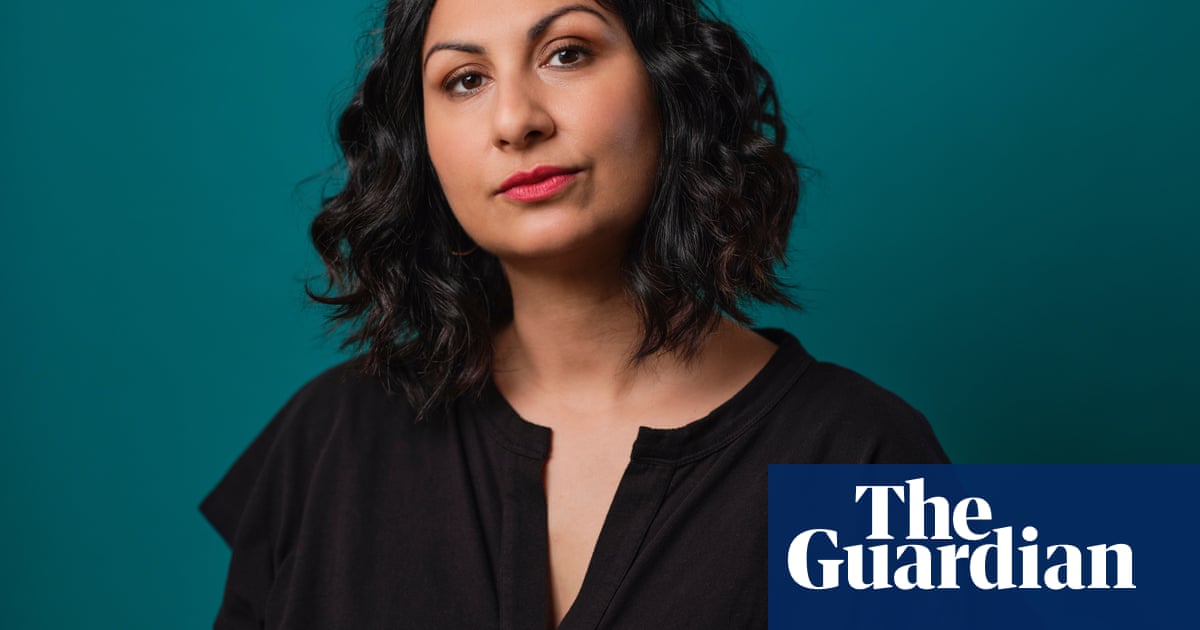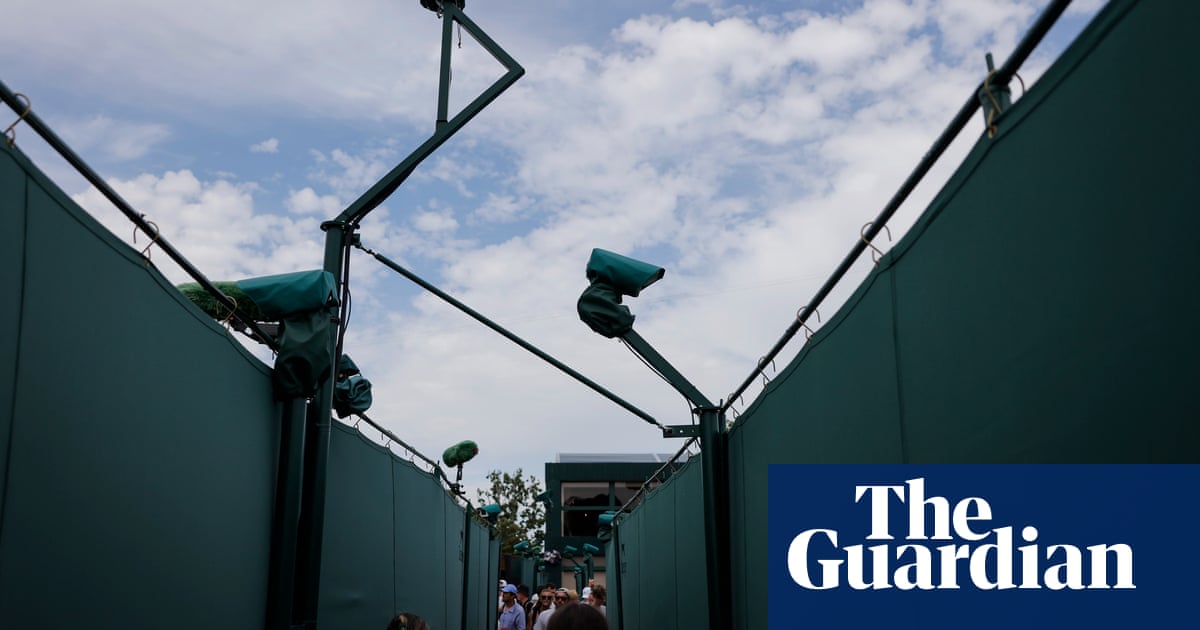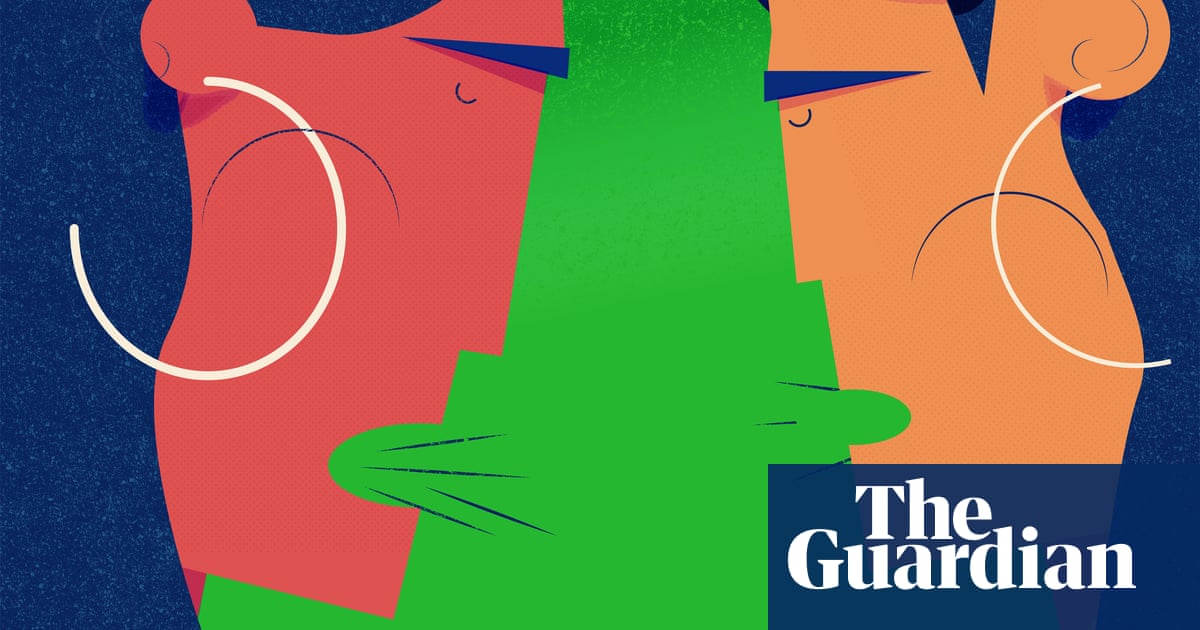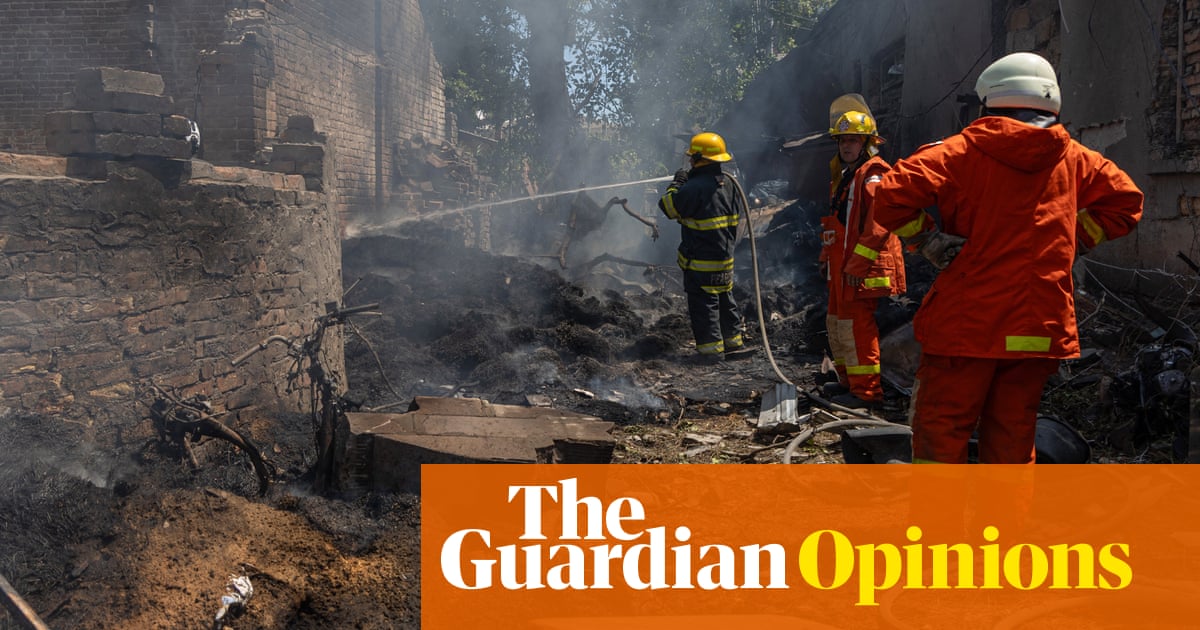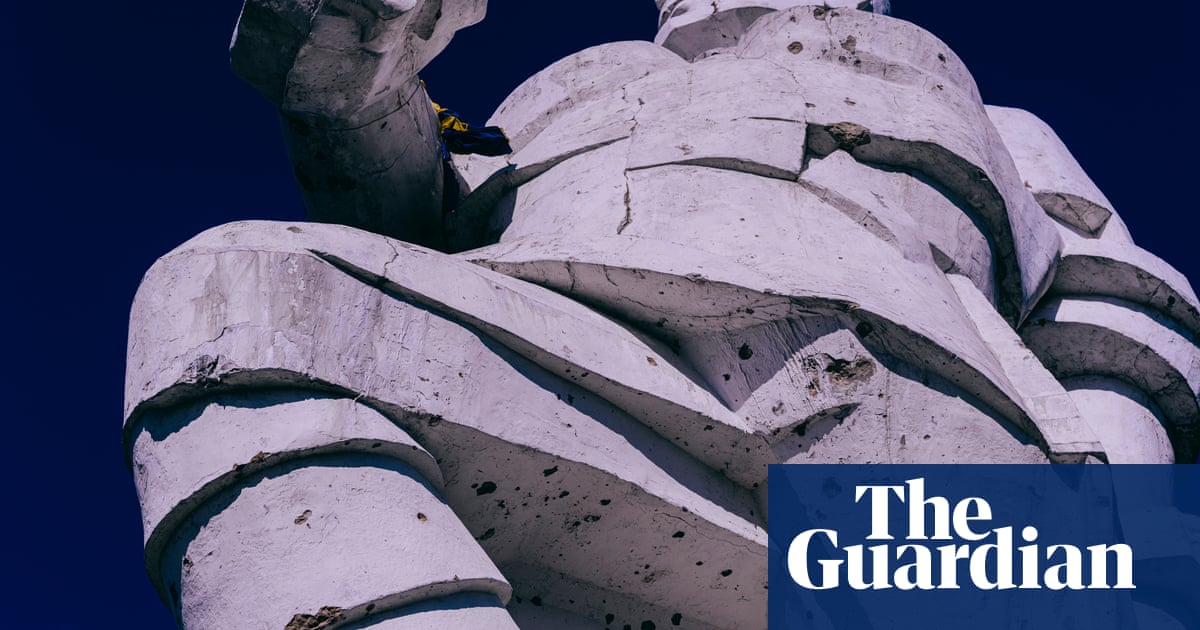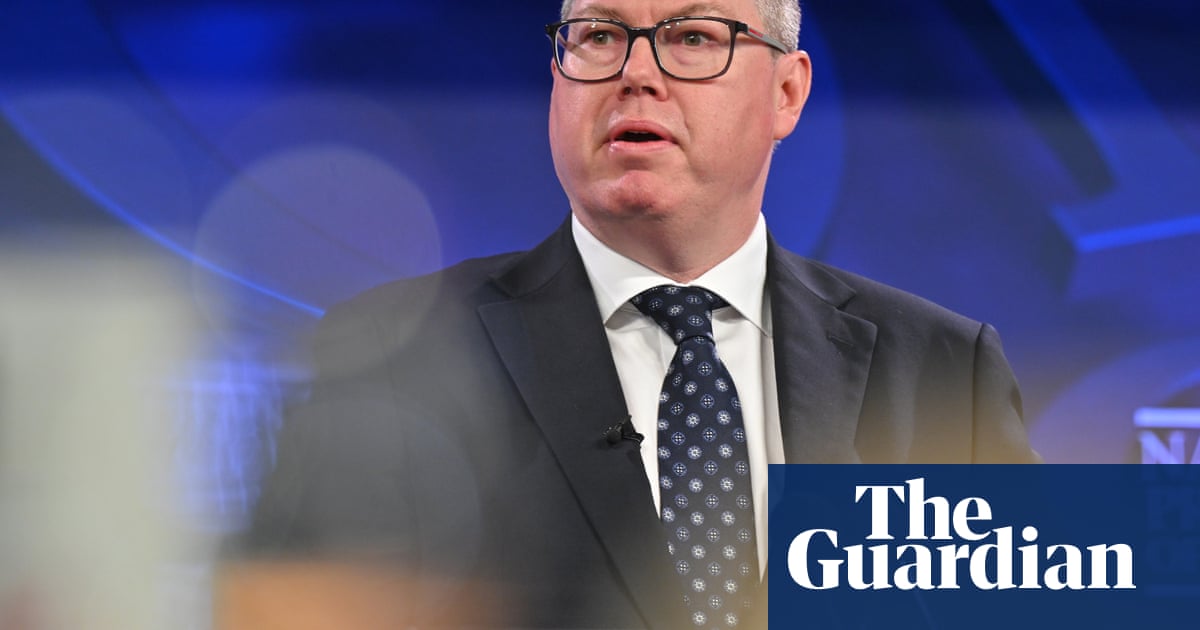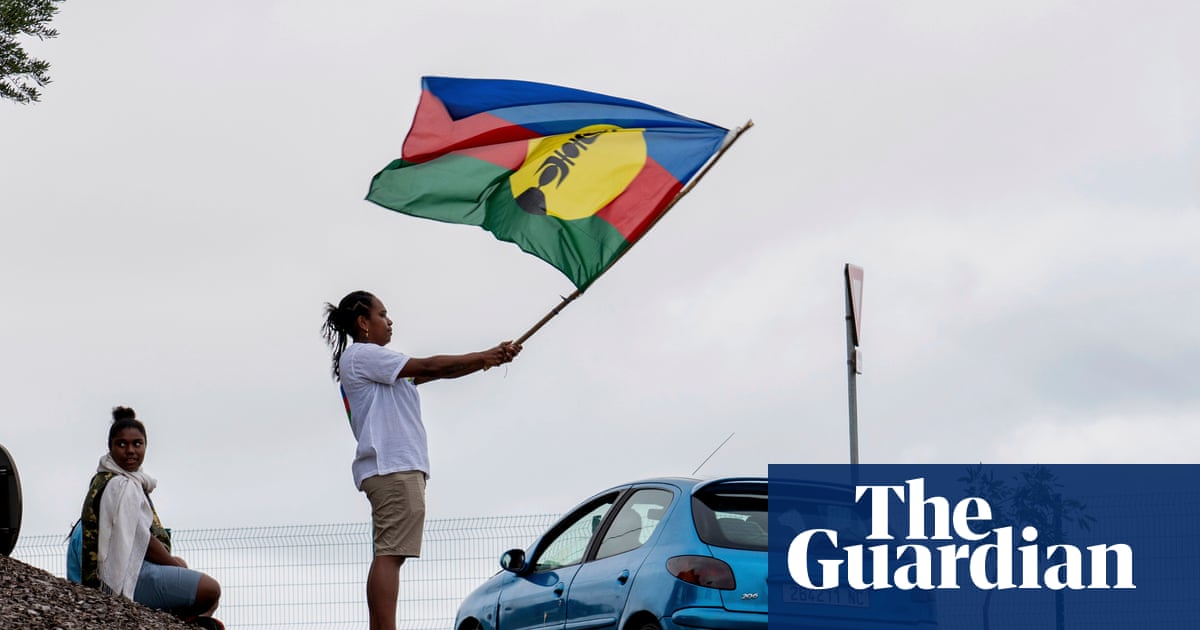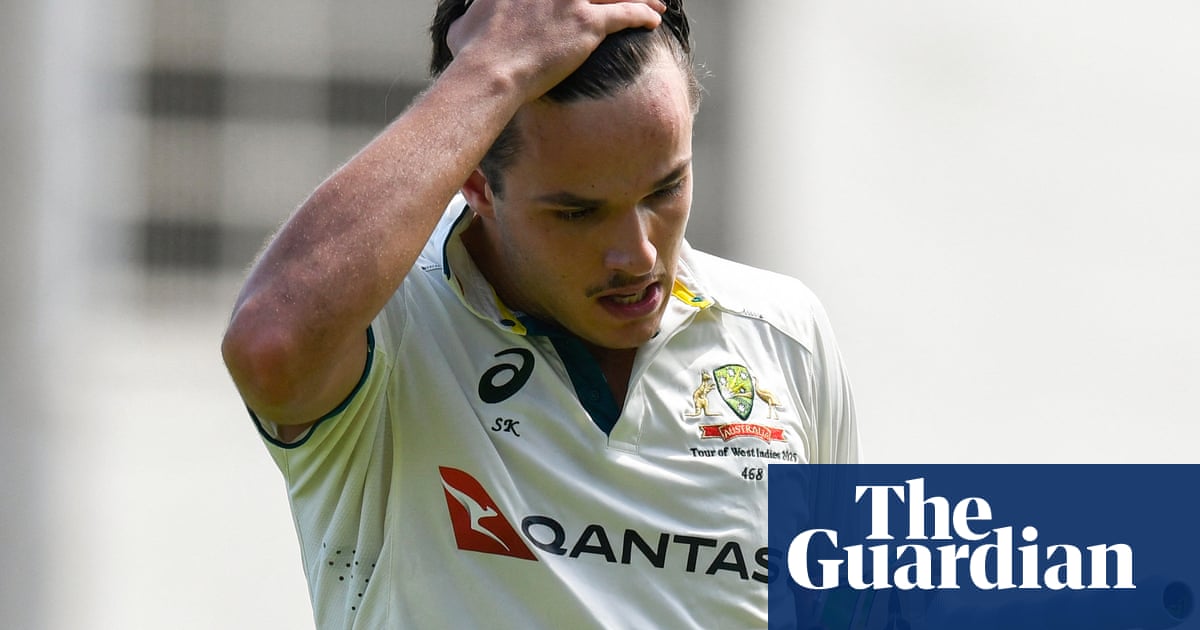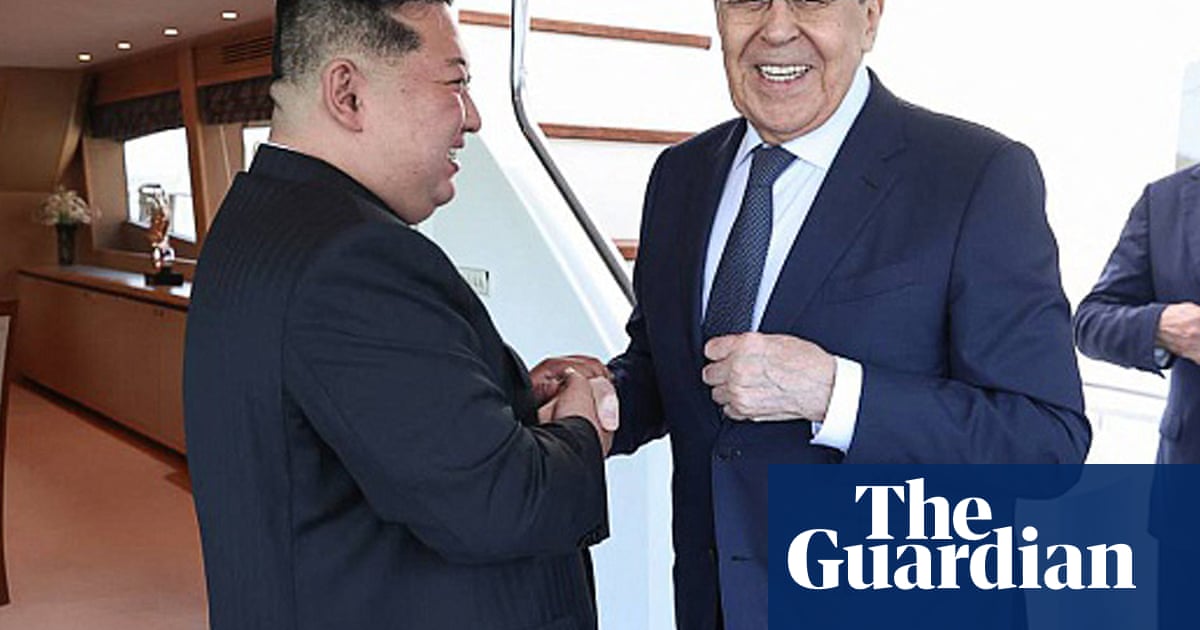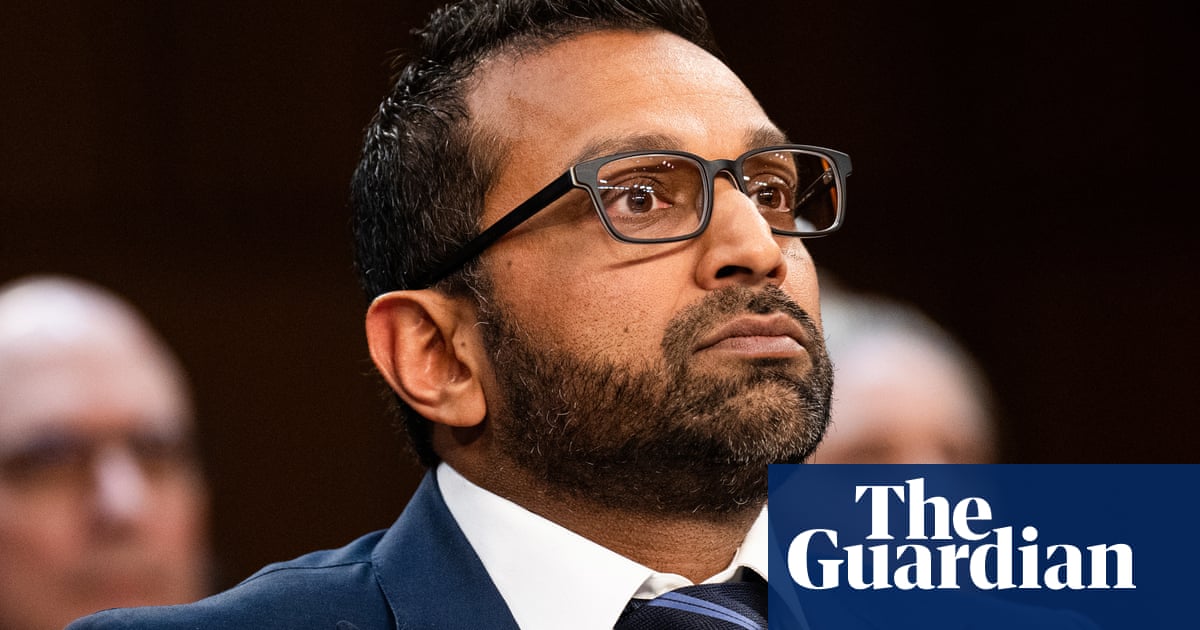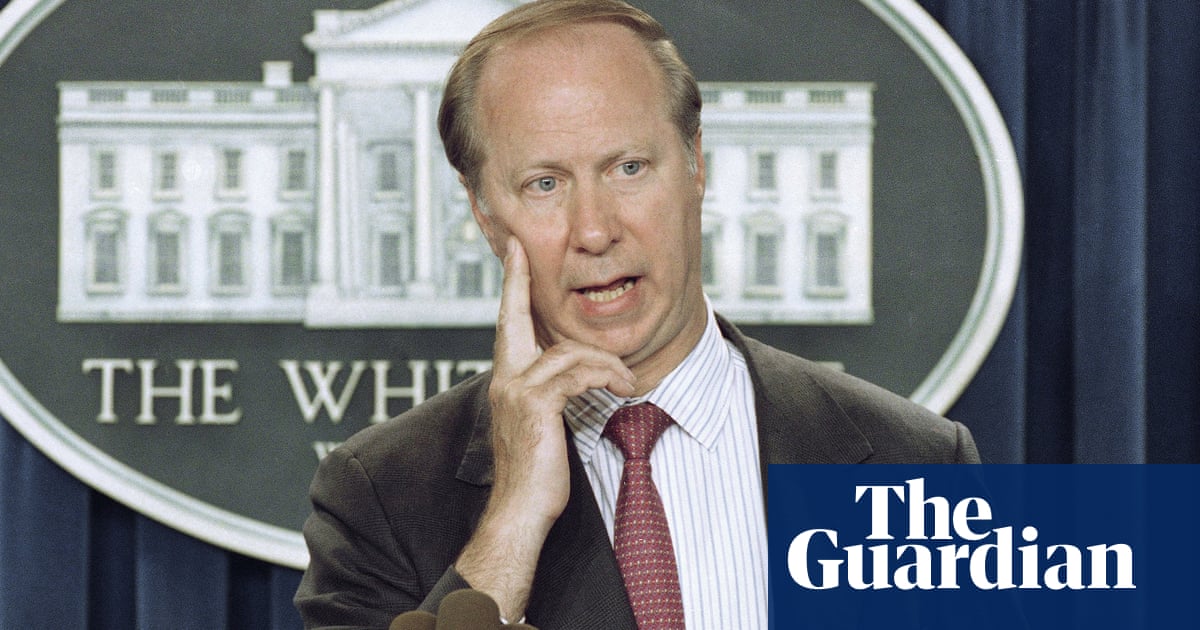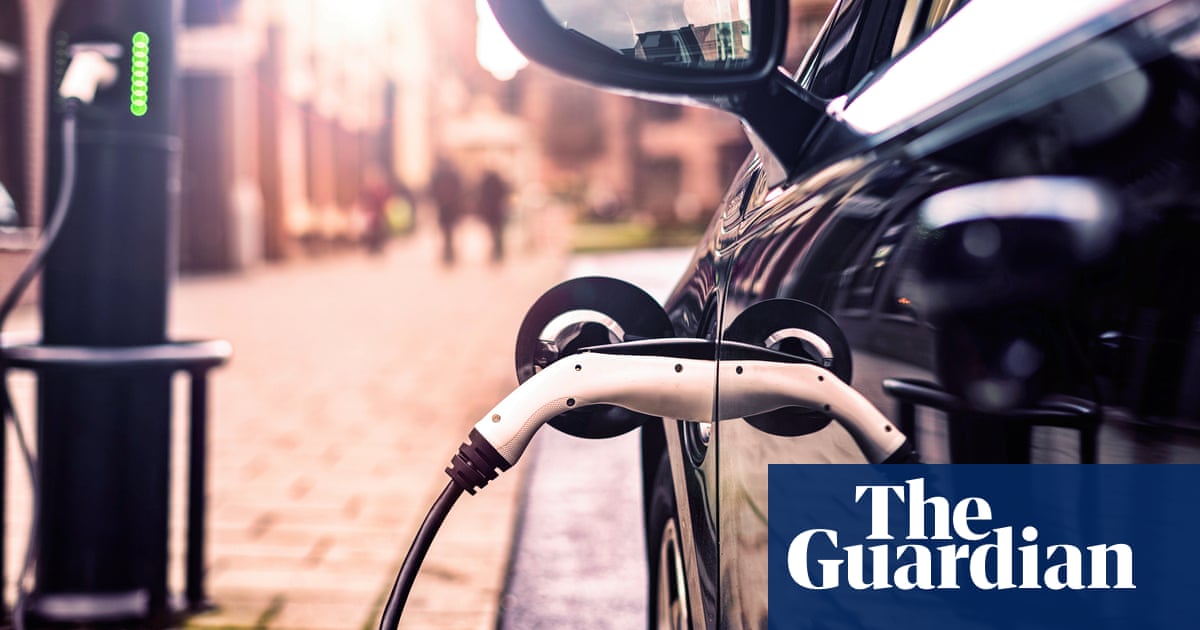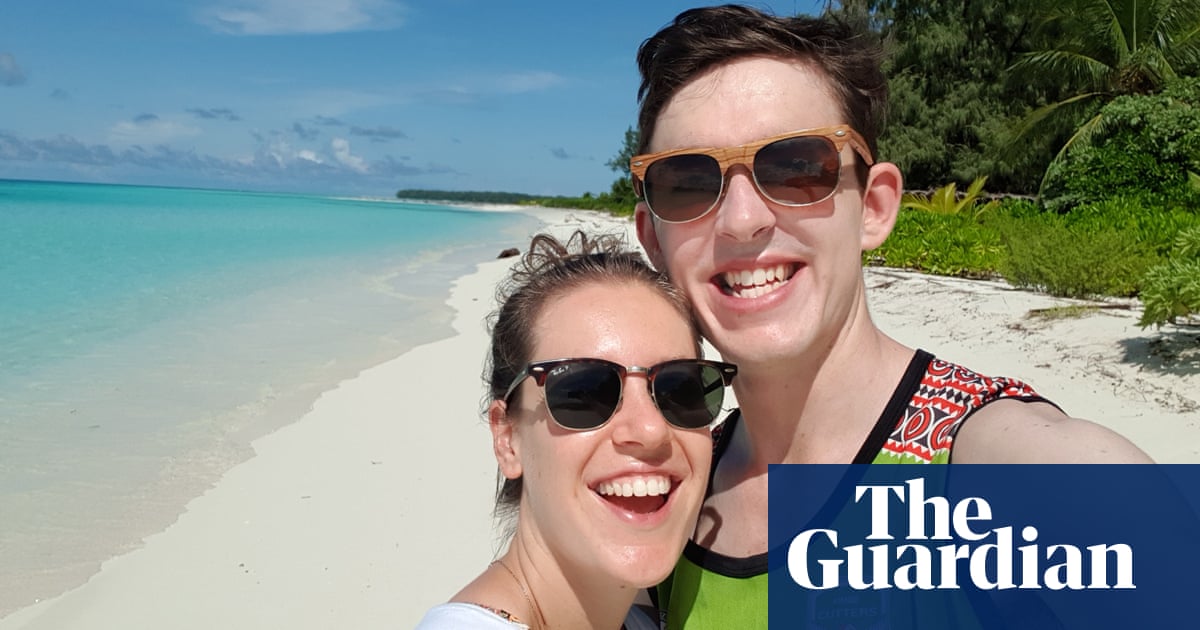Uncle Paul Kabai and Uncle Pabai Pabai are afraid for the future of their ancestral homelands.
Their country on the outer islands of Zenadth Kes (Torres Strait), less than 10km off Papua New Guinea, is under siege from the impacts of the climate crisis.
The two men fear the loss of their islands, their culture and their way of life, forcing their families and communities to become Australia’s first climate refugees.
The uncles have taken the federal government to court in the landmark Australian climate case, seeking orders which would require the commonwealth to undertake steps to prevent further harm to their communities.
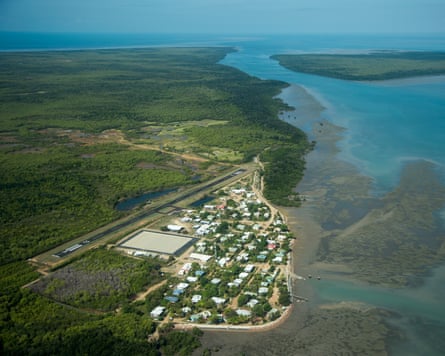
This would include cutting greenhouse gas emissions in line with the best available science.
The commonwealth has argued it is not legally required to consider the best available science or the impacts of climate change when setting emissions reduction targets.
On Tuesday, the federal court is due to make a decision in the case and the men hold hope that their fight might safeguard the future of their people.
Uncle Pabai and Uncle Paul launched the action against the federal government in 2021.
They are arguing that the commonwealth owes a duty of care to Torres Strait Islanders to take reasonable steps to protect them from harm.
During on-country hearings in 2023, witnesses described how devastating their loss of culture due to climate change had been.
“We don’t want to be climate refugees,” Uncle Pabai, who has spent his life on the low-lying island of Boigu, says.
Uncle Paul remembers a time when his family would hunt, fish and eat produce from gardens grown by the community. But that has all changed, he says.
The beaches on his island, Saibai, have receded, turning to mud and mangroves.
Its river system is inundated with saltwater and, alarmingly, even the island’s cemetery has been affected by flooding.
“Even our cultural sites are being destroyed by rising seas,” he laments.
“We’re both very worried about what we are losing, our hunting grounds are being destroyed by strong currents.
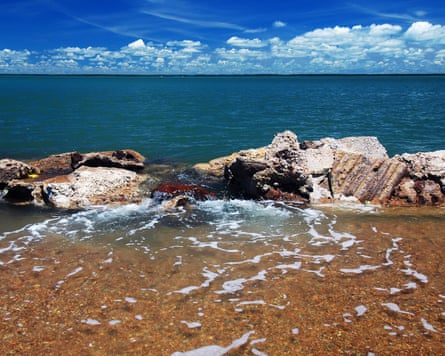
“Where can we show our culture to the younger generation?” he asks. “In this way we are losing our culture, everything that belongs to our ancestors.”
Drawing closer to a decision in the case is a significant milestone for the men.
It has been an emotional journey for them, their communities and supporters, but as the uncles approach the end of this battle, they hold close the reasons they began such a long fight.
Pointing to the example of fellow Torres Strait Islander Eddie Mabo – whose lifetime of campaigning resulted in a landmark high court ruling, recognising the rights of First Nations people to their lands, countering the idea of “terra nullius”, asserted by the British at colonisation – Uncle Pabai says the battle has been waged for his ancestors.
“I’m standing firm on his shoulders,” he says.
“If we come to winning this case, this is a victory for my family and communities on Boigu and all the community around the country and around the world.”
As much as this is about the people who came before and protecting what they’ve left, Uncle Pabai says his two-year-old son and the generations to come – in the Torres Strait and further afield – are front of mind.
“My main focus is on the new generation,” he says. “This is why I’m doing it – for the love of my son, for all the people in my community in the Torres Strait, for bushfire and flood survivors, for the farmers and the children and grandchildren.”
No matter the legal outcome, Uncle Paul says he believes the action he and Uncle Pabai have taken will make a difference.
“We will be very proud, even if we win or if we lose,” he says. “The government is listening now, they know what is happening and they must do something about climate change.”

 9 hours ago
5
9 hours ago
5
